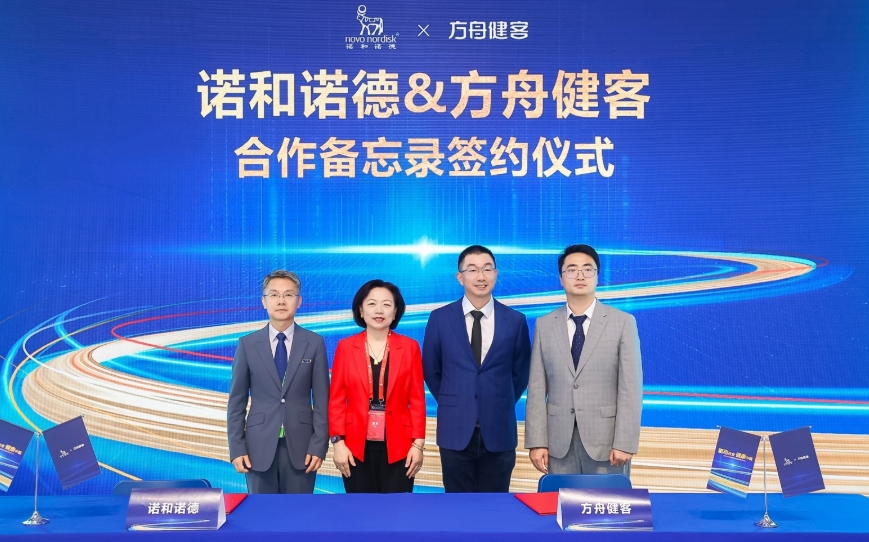
Are changes in the US patent law a good sign for biotech?
Singapore: The US has been making several modifications to its patent laws lately and this is impacting the global biotech industry substantially. The US took a major step on September 16, 2011, by implementing the America Invents Act on September 16, 2011. This has affected the way patent applications are filed in the US. The new Act brings the system in line with the rest of the world. The previous system was emphasized more on the first person who invent the entity rather than the date of the first filing application.
Dr Lisa Haile, partner, Life Sciences Practice, DLA Piper, US, feels that the above mentioned Act and other such recent developments in the US patent law will have an impact on the biotechnology industry globally.
While speaking in this regard, Dr Haile, said that, "Essentially we are trying to conform with the rest of the world, where previously it was cumbersome to have a set of laws different from the rest of the world with respect to filing dates. This puts everyone on the same footing. With a global economy it makes sense to have the same criteria to recognise who is first to get to the patent office for an invention. This will push people to file a little bit earlier in the US, whereas previously, they often relied on laboratory notebooks for evidence or earlier inventions."
Dr Haile will be in Australia as part of a panel discussion on 'Recent Developments in US & Australian Patent Law and their Impact on the Biotechnology Industry', at the upcoming AusBiotech conference 2012. She also said that some specific changes will streamline the US into adhering with global practices already in place that will save time and cost from a litigation standpoint.
Another big change was made to the US patent law took place on September 16, 2012, according to which, where once lodged, patent submissions go through a post-grant review process similar to the procedure in Europe where it is open for nine months for anyone to oppose the patent.
"This is going to save money because litigation on patents is so expensive, in the millions of dollars whether in Australia or the US. This post-grant review process may be in the several hundred thousand dollars but the cost savings will be incredible," said Dr Haile.
"I think we'll see less litigation because of it. It will be important if you're in Australia or the US, more than ever to monitor your competitors' patents because of the nine-month window. If you miss the window, the only way to attack the patents is back through the court system, which is very expensive," she said. "From a practitioner perspective, people will have to be careful to obtain patents to ensure they're solid. No doubt it will affect the filing of patents in Australia and the US."
Dr Haile believes that these developments that are occurring in the US patent law will be hot topics of discussion at the conference because they are significant and affect the rest of the world. In the ever-changing biotechnology industry, Dr Haile describes the evolution of the complexion of her practice over the years. With the ability to obtain venture funding getting a lot harder, early starter life science companies are relying more on government grants.
"In my experience, large companies have the resources to spend on patents which are critically important in the life sciences industry. In particular, patents are critical for early start-up companies and can greatly influence the market's valuation of the company and ability to raise funds from the private sector," she said
Furthermore Dr Haile said that, "I started out as a research scientist in the non-profit world and my background is in science and developing new drugs. There are so many amazing technologies sitting on the shelf right now and this incredible technology may have attracted investment a few years ago."
"It is becoming a real concern that early research is less attractive to investors and the next few years will continue to be difficult. However, as the large pharma companies know, there is a need to keep the overall pipeline funded in order to develop new drugs and therapies," she added.
(Dr Haile will be speaking about Recent Developments in US & Australian Patent Law & their Impact on the Biotechnology Industry at AusBiotech to be held in Melbourne from October 30- November 02, 2012)




